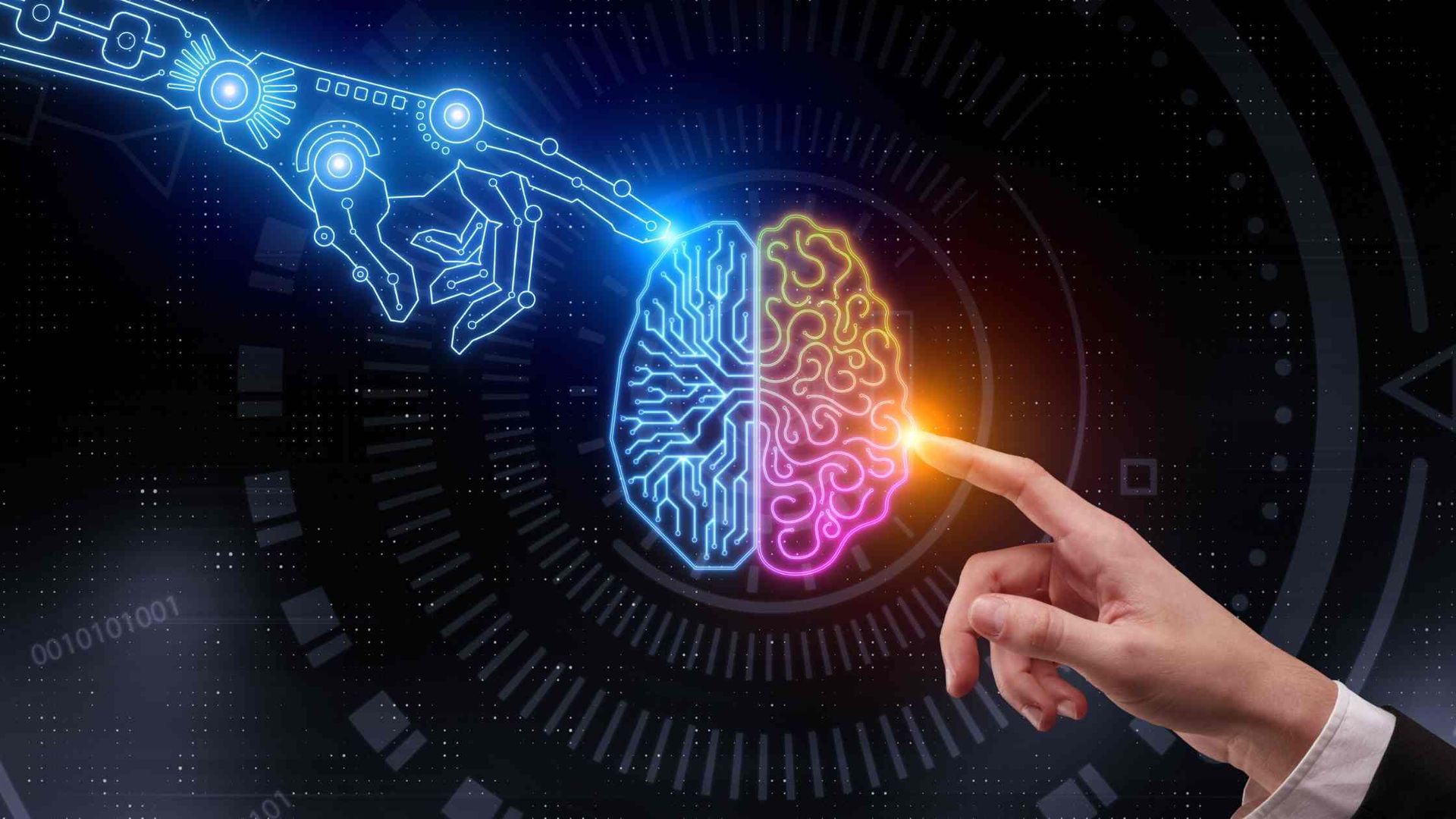AI Trends
The artificial intelligence (AI) and machine learning (ML) job market in the United States is undergoing rapid transformation, with major investment and adoption across industries. AI is no longer confined to tech giants—it has become a cornerstone of sectors such as healthcare, finance, manufacturing, and retail. The global AI economy is projected to contribute over $15.7 trillion to GDP by 2030, with generative AI, automation, and machine learning driving innovation and efficiency.
Organizations are leveraging AI to optimize operations, improve customer experiences, and build new business models. With AI adoption accelerating, demand for skilled professionals continues to outpace supply—making talent acquisition a critical priority for companies aiming to lead in this space.
Growth in AI Job Opportunities and Employment Projections
Latest AI News
AI Talent Trends and Future Predictions
From AI Democratization to Specialization
No-code/low-code tools are making basic AI capabilities more accessible. But organizations building competitive advantages through AI are investing heavily in specialized talent—engineers, architects, and researchers who can deliver tailored, scalable solutions.
Gen AI and LLMs Integrations
Businesses across the U.S. are integrating large language models (LLMs) into their tools and workflows. This is driving demand for roles in LLM infrastructure, prompt engineering, and multi-turn dialogue systems—particularly in enterprise SaaS and product-driven companies.
AI Infrastructure and MLOps Scaling
Deploying and maintaining AI models at scale is now a key challenge. U.S. employers are hiring MLOps Engineers, AI Infrastructure Engineers, and ML Systems Engineers to manage lifecycle, monitoring, and performance.
Specialized & Emerging Job Titles
Demand has shifted from generalists to niche specialists. Popular job titles include LLM Engineers, MLOps Engineers, Personalization & Ranking Specialists, AI Research Scientists, and ML Engineers – Recommender Systems. Roles in multi-modal AI, RAG, and governance are also growing.
AI Governance, Risk & Ethics
Responsible AI is a priority. U.S. companies are building internal governance teams to comply with evolving regulatory expectations. These roles go beyond ethics, involving policy execution, audit, and risk management.
AI Engineer / Applied AI Engineer
- Develops AI-powered tools that use NLP, computer vision, or automation to improve workflows and product performance.
AI Product Engineer
- Blends software development and AI to build intelligent product features.
Prompt Engineer
- Designs prompt strategies for LLM-based systems such as ChatGPT, Claude, or open-source models.
AI Research Engineer / Scientist
- Conducts advanced research in areas like multi-modal learning, reinforcement learning, or self-supervised learning.
Generative AI Engineer / LLM Engineer
- Focuses on developing, optimizing, and scaling large generative models.
Multi-Modal AI Specialist
- Combines data types (text, image, audio) to build intelligent systems used in voice assistants, content creation, and more.
AI Infrastructure Engineer / Architect
- Designs backend systems that support high-volume AI/ML model training and deployment.
AI Governance, Ethics & Regulation Specialist
- Focuses on fairness, compliance, and transparency in AI applications.
Machine Learning Engineer
Builds and deploys machine learning models. Common specializations:
- Recommendation Systems
- Personalization & Ranking
- LLM Deployment
Machine Learning Data Scientist
- Focuses on user modeling and predictive analytics based on structured / unstructured datasets.
ML Research Scientist – Recommender Systems
- Enhances algorithm accuracy and efficiency for personalized content and product recommendations.
Deep Learning Engineer
- Develops neural networks for applications such as image recognition, voice assistants, and video analytics.
NLP (Natural Language Processing) Engineer
- Specializes in LLMs and transformer models to create text-based AI systems for customer support, chat, or classification.
MLOps Engineer – LLM Optimisation
- Ensures stable deployment and fine-tuning of large-scale machine learning models.
ML Infrastructure / Systems Engineer
- Builds the infrastructure to support machine learning workflows at enterprise scale.
AI and ML Skills in Demand
Programming Proficiency
- Python remains dominant, while R, Java, and C++ are valued in specialized roles.
Machine Learning Frameworks
- TensorFlow, PyTorch, Hugging Face Transformers, and JAX are widely used.
Large Language Model (LLM) Development & Deployment
- Prompt engineering, fine-tuning, and model integration are in demand.
MLOps & Model Optimization
- Tools like MLflow, Docker, and Kubernetes are essential for production environments.
Natural Language Processing (NLP)
- Skills in tokenization, NER, and transformer architecture are critical.
Recommender Systems & Personalization
- Experience with ranking algorithms and collaborative filtering is valued.
AI Governance & Ethics
- Awareness of compliance standards, bias mitigation, and regulatory frameworks is key.
Multi-Modal AI & RAG
- Designing systems that blend text, images, or video data is an emerging differentiator.
Advice for Hiring Managers
To attract and retain top AI and MLtalent, hiring managers should explore the following strategies:
AI & Machine Learning Recruitment News and Insights
Looking to hire top AI & ML talent in the U.S.?
Fill in the form or contact our U.S Team via email or phone:
- hello@masonalexanderus.com
- +1 917-280-5614











